2025-2026 GPSC Executive Board
GPSC President:
Mourad Abdennebi
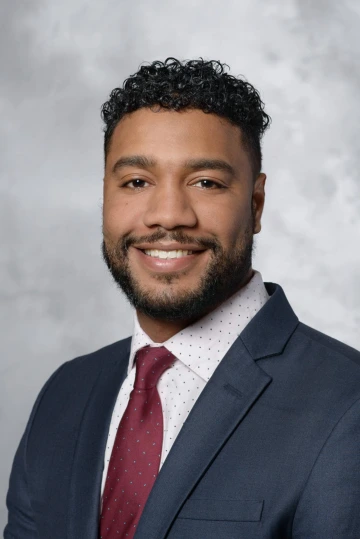
Mourad Abdennebi is a Ph.D. candidate in Second Language Acquisition and Teaching (SLAT) at the University of Arizona, specializing in psycholinguistics, cognitive linguistics approaches to second language processing, and the integration of AI in language learning. He currently serves as President of the Graduate and Professional Student Council (GPSC), where he leads the Executive Board, oversees the General Council, and collaborates with university leadership to advance graduate and professional student interests.
His priorities this year include expanding research and travel grant funding, advocating for an increase in graduate assistant stipends, and enhancing student health and wellness through expanded basic needs support, no-cost counseling, and advocacy for dental and vision coverage. He is also committed to strengthening professional development by expanding career readiness, mentoring, and interdisciplinary opportunities for graduate students. His leadership vision is rooted in collaboration, equity, and empowerment, with the goal of advancing opportunities for students across all disciplines to thrive both academically and personally.
Email: mailto:gpscpresident@arizona.edu
GPSC Administrative Vice President:
Naama Levy
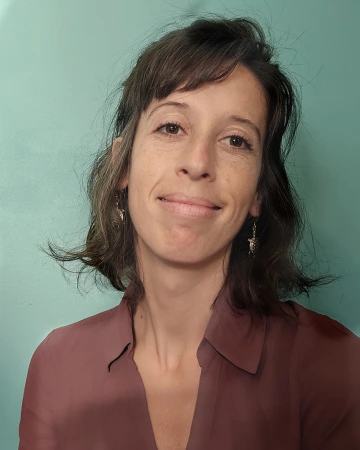
Email: mailto:gpscadministrativevp@email.arizona.edu
GPSC Executive Vice President:
Travis Dean
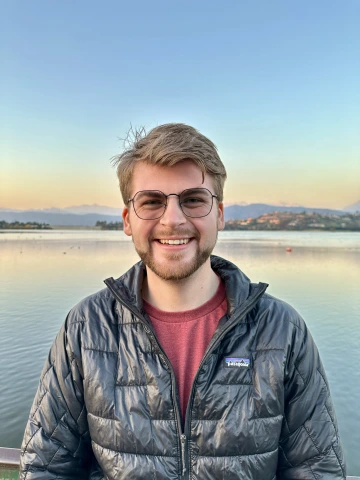
Travis Dean is a Ph.D. student in Educational Psychology and currently serves as the Executive Vice President of the Graduate & Professional Student Council (GPSC). He began his academic journey at Palo Verde Community College before transferring to St. John’s University in New York. Following the onset of the COVID-19 pandemic, he returned to Arizona, where he completed a Bachelor’s degree in Psychology with minors in Communication and Educational Psychology. He later earned his Master’s in Educational Psychology and is now pursuing doctoral research in the same field.
Beyond academics, Travis has led summer and youth programs, taught certification courses such as lifeguarding and CPR, and worked with schools, nonprofits, and community organizations to design education and recreation programs. In his role as GPSC Executive Vice President, he is committed to strengthening connections between graduate students and university leadership, amplifying student voices, and fostering collaboration. His work reflects a dedication to building a supportive and well-represented graduate and professional student community.
Outside of his academic and leadership roles, Travis enjoys hiking, biking, swimming, yoga, and dance, as well as spending time with his cat, David.
Email: mailto:gpscexecutivevp@email.arizona.edu
GPSC Assembly Chair: Mehrdad Aghayari
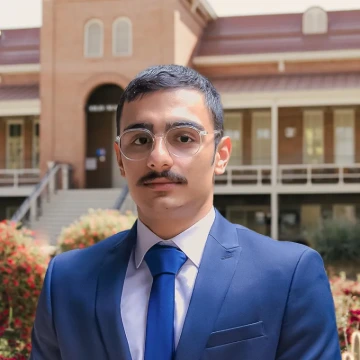
Mehrdad is a Marketing PhD candidate and GPSC Assembly Chair. His favorite thing is learning how people make choices. He studies judgment and decision making, and makes sure graduate voices are heard where campus decisions happen. Outside the lab, he practices what he studies in the gym, on the road, and in everyday life, choosing effort, curiosity, and good energy.
Email: mailto:aghayari@arizona.edu
GPSC Treasurer: Milad Hasankhani
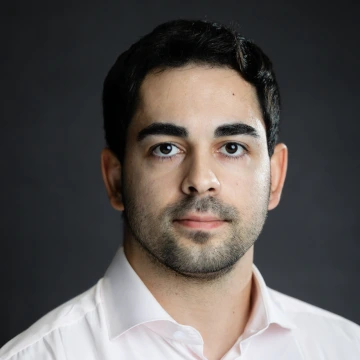
Milad Hasankhani, a PhD candidate in Nutritional Sciences, began serving as a college representative in the Graduate and Professional Student Council, and is currently fulfilling the role of Treasurer. Outside of the GPSC, Milad is committed to bridging the gap between academic research and practical applications within his field.
Email: mailto:miladh@arizona.edu
GPSC Secretary: Rishabh Bhattad
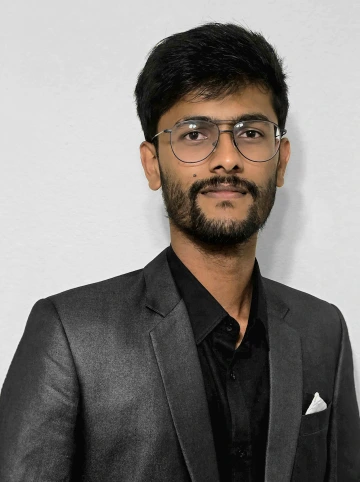
Rishabh Bhattad is a graduate student in Information Science. As GPSC Secretary, he is committed to ensuring that graduate and professional students feel supported, heard, and connected. He believes that everyone needs help at some point in their journey, and that GPSC plays a vital role in providing that support through advocacy, resources, and community. Outside of GPSC, Rishabh enjoys hiking trails, discovering new places, and building small communities wherever he is.
